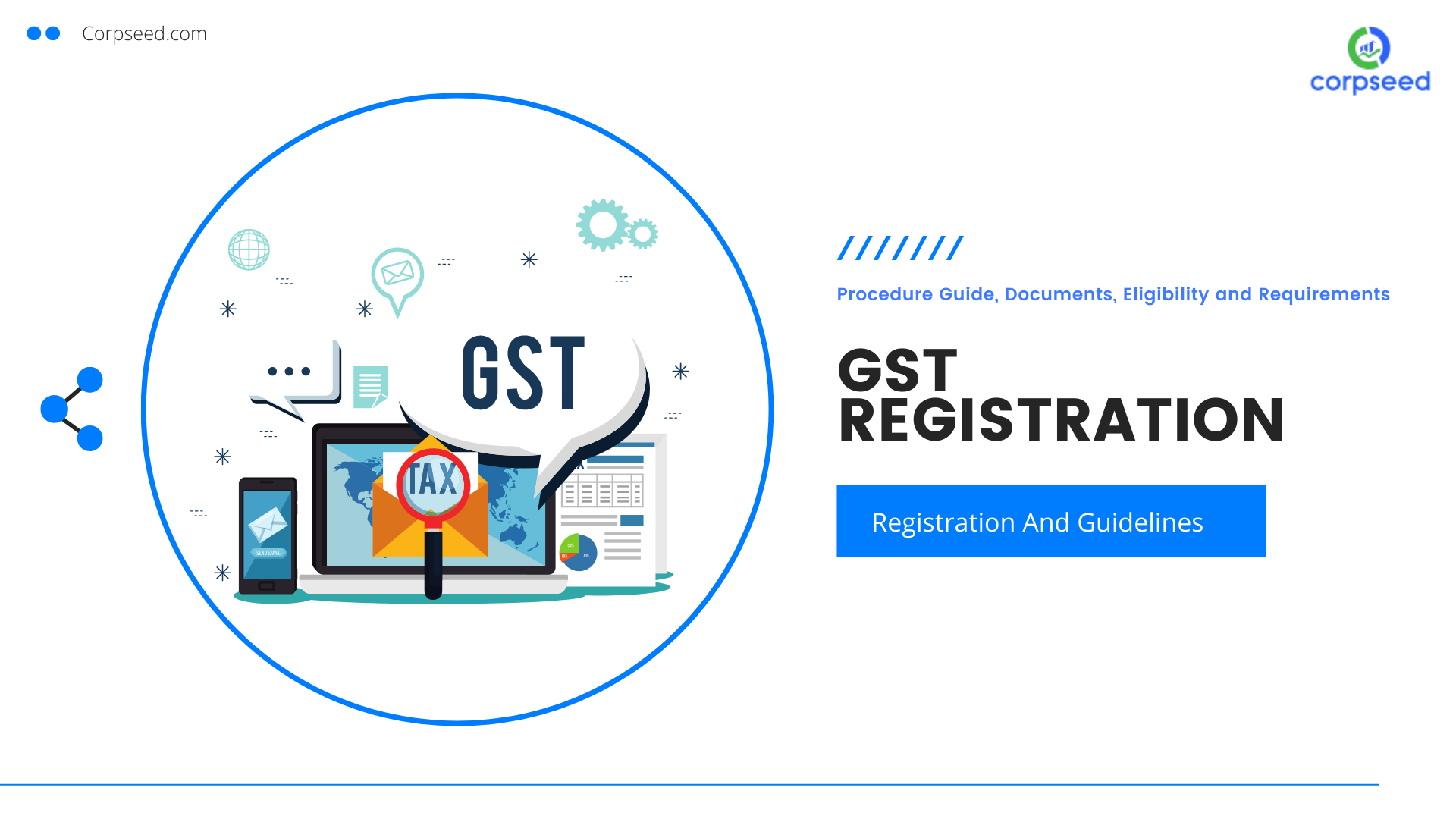Singapore GST Registration: What You Need to Know Before Applying
Singapore GST Registration: What You Need to Know Before Applying
Blog Article
Optimizing Tax Performance: Specialist Tips on Navigating the GST Enrollment Maze for Local Business
Navigating the elaborate landscape of Item and Services Tax (GST) enrollment can be a labyrinthine job for small companies aiming to maximize their tax obligation efficiency. Recognizing the eligibility standards, careful paperwork needs, critical timing considerations, and proficient registration procedure ideas can considerably affect a business's monetary standing. Compliance with GST regulations is paramount, and sticking to finest practices can improve operations and prevent prospective risks. In this conversation, we will certainly discover experienced insights and actionable recommendations that can equip little services to navigate the GST registration labyrinth successfully and enhance their tax effectiveness.
Eligibility Requirements
Eligibility requirements for Small company GST Enrollment include particular requirements that services need to satisfy to abide by tax obligation laws. To get GST enrollment, a company should have a yearly turn over exceeding the limit set by the tax authorities, which varies by nation. In addition, services entailed in inter-state supply of goods or services, or those marketing goods online, might be required to register for GST, regardless of their turn over. It is necessary for businesses to properly determine their eligibility based on these turnover limits to avoid charges for non-compliance. Singapore GST Registration.

Documents Demands
The needed documents normally includes evidence of organization enrollment or address, consolidation and identification proofs of the company owner, photos, financial institution account information, and evidence of the principal location of service. Furthermore, organizations need to offer information of their company activities, including the services or items provided.
Keeping all required documentation organized and conveniently obtainable can streamline the registration procedure and assistance businesses abide with the demands effectively. Meticulous focus to information and adherence to the documents standards are crucial for an effective GST registration process for tiny services.
Timing Considerations
Thinking about the important documentation requirements have actually been carefully dealt with, the following critical aspect for local business starting the GST registration process is the tactical management of timing considerations. Timing plays an essential function in GST registration, influencing not only compliance however likewise financial elements of the organization. Local business require to thoroughly prepare the timing of their GST enrollment to maximize advantages and decrease potential threats.

Moreover, companies need to align the timing of their GST enrollment with their operational preparedness. Appropriate prep work, such as upgrading accounting systems and training staff, is important to flawlessly integrate GST demands right into everyday operations. By tactically taking care of timing considerations, tiny businesses can browse the GST registration process efficiently and enhance their tax obligation effectiveness.
Registration Refine Tips
Effectively browsing the GST registration procedure calls for tiny businesses to carry out critical and aggressive enrollment process ideas. This consists of organization enrollment records, additional info evidence of address, financial institution statements, and identification evidence of the company proprietors.
Furthermore, comprehending the limits and demands for GST enrollment based on the details state or region where the company operates is essential. Some states have various turn over limits that cause compulsory enrollment, so being informed about these limits can help companies prepare in advance.
An additional important tip is to take into consideration seeking expert help from accountants or tax professionals who specialize in GST enrollment. Their proficiency can improve the process, reduce errors, and make certain compliance with all regulations.
Conformity Finest Practices
Small services need to prioritize conformity to avoid charges and maintain a great standing with tax authorities. Tiny organization proprietors should on a regular basis evaluate government guidelines and look for expert recommendations if needed to ensure they are meeting all demands. By incorporating these compliance best practices into their operations, small services can browse the complexities of GST enrollment with confidence and effectiveness.
Verdict
In final thought, small companies can navigate the GST registration labyrinth by guaranteeing they meet qualification standards, gather called for paperwork, click over here now think about timing ramifications, follow enrollment process tips, and comply with compliance ideal techniques. By making best use of tax performance with correct GST registration, businesses can boost their economic management and procedures.
Browsing the intricate landscape of Goods and Services Tax Obligation (GST) enrollment can be a labyrinthine task for tiny services aiming to optimize their tax obligation performance.Qualification requirements for Small Organization GST Enrollment incorporate details requirements that companies have to meet to abide with tax obligation guidelines. The needed documentation usually includes proof of service registration or identity, incorporation and address evidence of the organization owner, pictures, bank account details, and proof of the major place of service. In addition, businesses need to give details of their business tasks, including the solutions or items provided.Successfully navigating the GST enrollment process needs small companies to implement aggressive and strategic enrollment process ideas.
Report this page